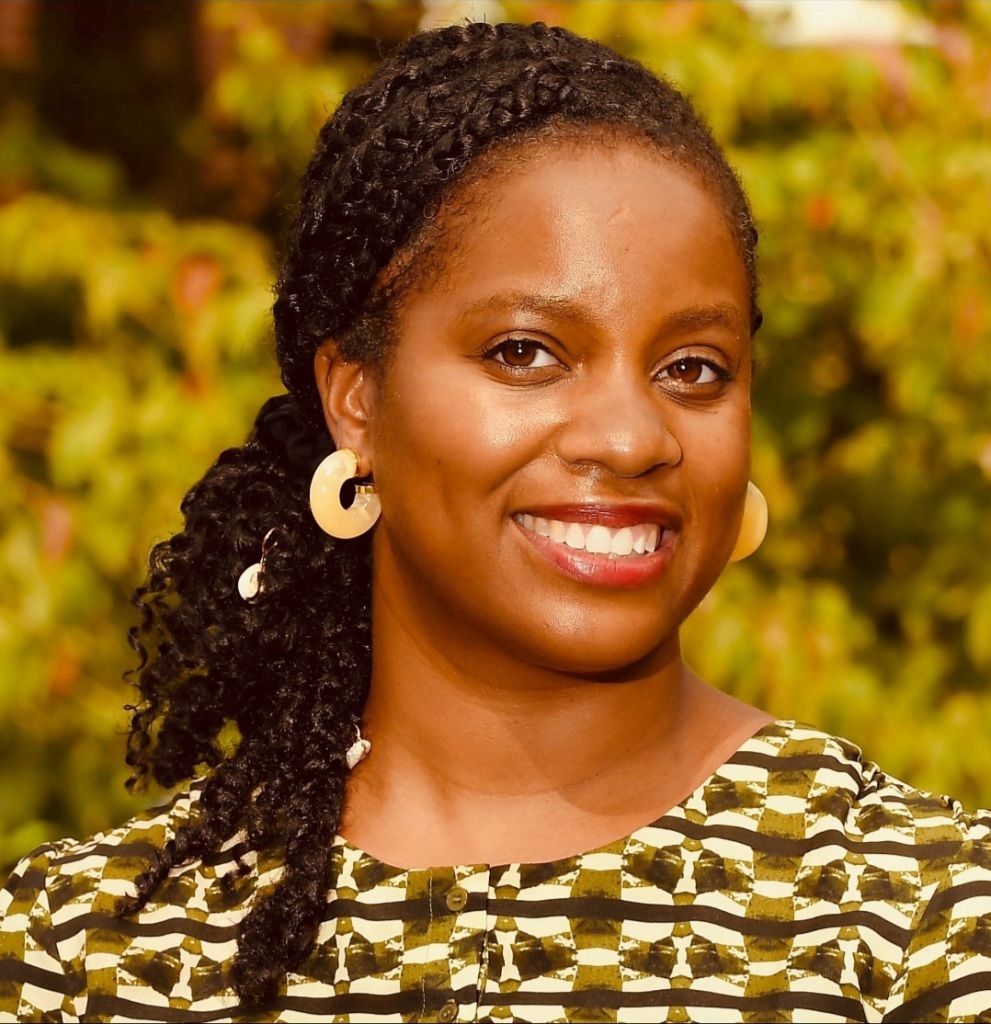Rocking in the dark and silence again,
two heads nuzzled against my breast,
eight limbs flail out from beneath,
an octopus gliding through the sea.
I know they’re old enough
to be put straight to bed
yet here we are
night after night
squeezed into this glider,
once sea green
now a mossy grey,
lulling us to the beat
of a mesmeric sway.
There was another glider
in the Special Care ward
where I sat and rocked
my newborns light as feathers,
me with a heart weighted
and ready for flight.
In that glider I soothed tiny bodies,
stroked downy heads,
inhaled sweet breaths
and prayed
and cried
and sang
over my daughter
and my son.
And there was the nurse who said
there was something wrong with my boy—
his tiny body didn’t move right
his cry wasn’t right,
and he wouldn’t be right.
But the baby next door
had just the right cry,
an intelligent cry
is what she called it.
And that baby was white,
and my boy with his pale skin
and navy eyes and wispy hair
only looked the part—
except for his nose,
round as the sun,
harbinger of Blackness
to come.
I knew she was lying,
but I had to stake my claim.
So I asked the doctor, loudly
if anything was wrong with my boy
(I made sure she was nearby).
“No,” he said, “not at all,”
and she didn’t come near me again,
because I was that bitch.
She left me to glide
on my private sea
with two hushed, sleepy infants
born strong but early
nestled in the crook of each arm.
My foremothers glided
on a rockier sea
surrounded by the stench of death
on their way to hell
where their worth was measured
in profits not theirs.
Arms and wombs and spirits full
of children not yet separated,
did they too sit hushed, in stunned
silence and darkness,
waiting, praying for renewed life
or release from this earth?
And there was Solitude,
insurgent mother from Guadeloupe,
captured for abetting a slave rebellion.
They waited until she gave birth
to take her life.
Did she rock her baby through the night:
its first and her last?
Did she glide to a realm
where they could be free?
Another nurse came at night
when the ward was still.
She whispered that my babies
were strong and smart
and ready to go home.
She saw her children in mine
and offered a wordless pact.
There we were:
two midnight women,
conjoined in solitude,
conspiring in the dark
over babies to be freed.
And I suppose that is why
we retreat to this glider
night after night.
It has long been this way:
Black mothers and children,
gliding, hoping, praying, breathing.
Nestled together in darkness
and in silence,
awaiting the peace
alighting at dawn.
We Bar at One O’ Clock
I must have circled the earth that year
in Trinidad under the blazing sun:
my sinewy legs trekking
up Mount St. Benedict for a breeze,
and down to Curepe for doubles with pepper.
I ran across Maracas beach,
then sprinted to the maxi taxi
that carried me to Chaguanas,
and on to Enterprise,
where Abigail’s mother whispered,
“lean on the Lord,”
when I nearly fainted from the heat
one Sunday morning.
Walking home I passed We Bar
where men gathered, imbibing the spirits
the church had traded for grape juice.
And I stopped, for a moment watching
the rude bwoys and natty dreads
who watched me constantly:
watched my legs in perpetual motion
up and down Eastern Main Road,
offering me smiles or sly compliments
muttered at half breath,
but never a drink or a dance,
for I was marked in their eyes
with the sign of the cross:
a good girl not to be touched.
It wasn’t true, but no one
has greater faith than men
in a bar at midday.
There was one dread
who had long studied me,
the chasm between us buckling
under the weight of his gaze
that I never returned.
But that day I lingered,
watching him from the doorway
as he danced by himself,
lost in the medley of Marley.
It was one o’clock in the afternoon
and he moved as though time had stopped
and he had floated away,
far from the concrete of St. Augustine.
See him now in the mountains
dancing among the trees,
free as we are meant to be:
a rebel, soul rebel.
I could not disturb his reverie
or shatter the myth of my being,
so I walked back to my room
in the house across the street
where the music from We Bar wafted
in with spirits mixed with sweat.
And in my room I danced,
alone and with my dread—
if you’re not happy
then you must be blue.
There are no saints or sinners,
there is just we— all of us
capturers, soul adventurers
moving together, dancing alone
at We Bar at one o’clock.

Ada Chinara (Ada C.M. Thomas) is Assistant Professor of English at Wheaton College in Massachusetts. She specializes in literatures of the African Diaspora in English, French and Spanish. A public humanities scholar, she has worked at cultural institutions including Penn Center in the Gullah Geechee Cultural Heritage Corridor, and as a Public Scholar through the New Jersey Council for the Humanities’ Public Scholars’ Project. Her forthcoming manuscript, Aminata: Abbey Lincoln’s Song of Faith, will be published by Rutgers University Press.
